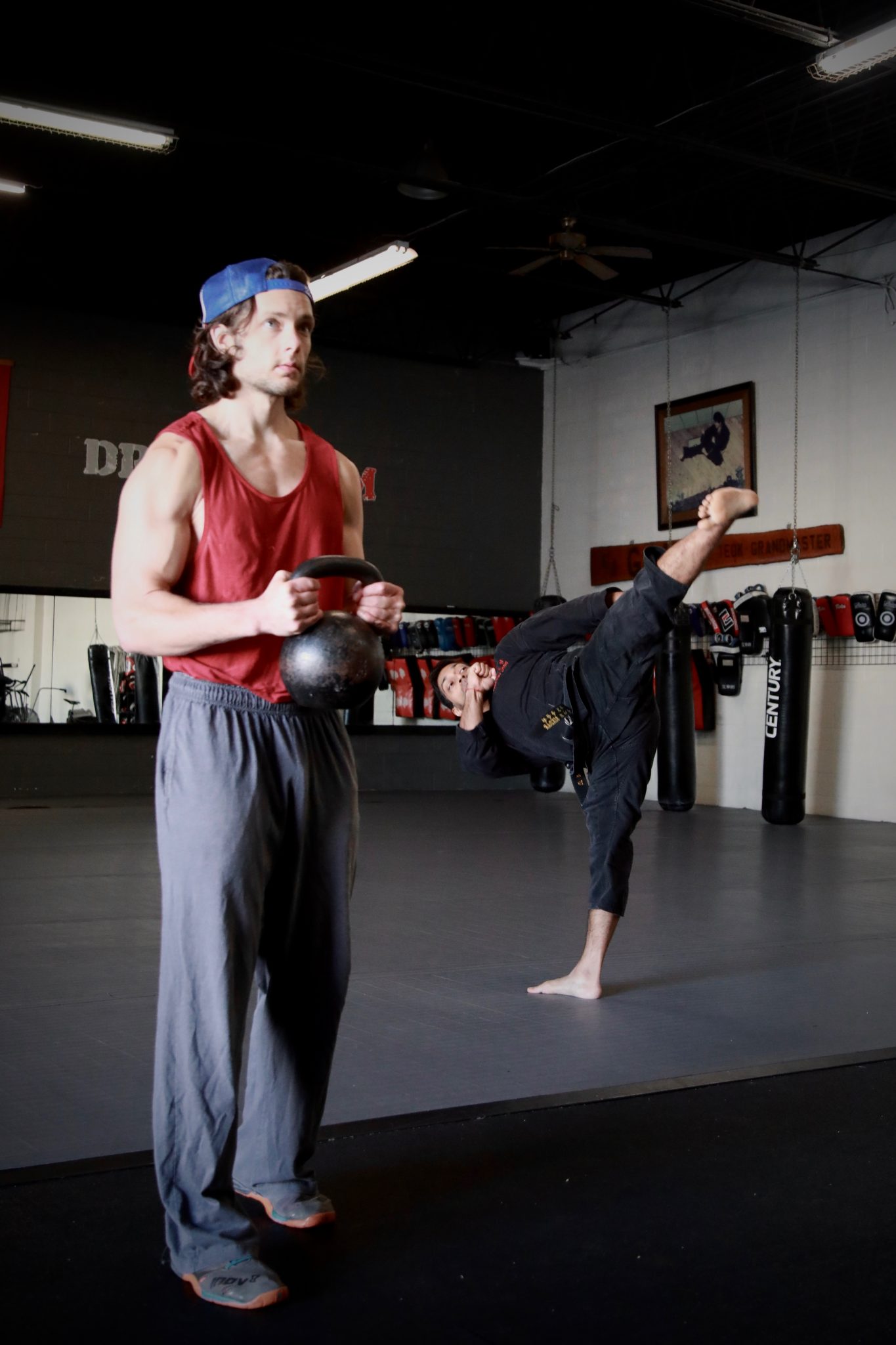
Why Exercise Doesn’t Always Need to Be Fun
(OR, ==> CLICK HERE TO DOWNLOAD THE EPISODE.)
So, I’m Catholic, right, which means I go to what some (a few, perhaps) might call a “boring” Catholic mass. “Oh, it’s all the same,” people tell me. “How do you just sit there like that–and then all that kneeling and standing; oh, you unfortunate thing!”
But I don’t go to mass because I want to be entertained; I go to mass because I don’t want to be entertained; because I want to meditate and pray and because I want to strengthen my resolve. I go because I want to improve. And so far as we know anything about what gets a person improve, entertainment is not it. Practice, it seems, is what get a person to improve. And while entertainment can be a welcome part of practice should it happen to arrive, whether it had been invited or not–as a pleasant homily is a welcome part of mass, and preferred, obviously, to a sermon that drags on and on, should that happen to arrive–entertainment is not the reason I, or anybody, should become part of a church. You go to church to practice a life of reflection, meditation, communion, and prayer; to prepare to live spiritually within the game of life. It shouldn’t matter how entertaining the practice is. It should only matter how much the practice causes you to improve.
Well, the same should be said to apply to exercise and sports and just about everything. Because practicing for a sport is not all that exciting either, least not when compared to the fun of the game, the thrill of hunt, the heat of the moment. Practice is tedious, monotonous, and dull–that is, for those who aren’t ready to practice, and for those who have very little patience. But for those who are ready to practice, practice is tedious, monotonous, and rewarding on the deepest level.
Exercise is the practice of becoming fit, of getting better at completing a task in a general physical sense, like running scales on a guitar, or hand-copying sentences is the practice of completing a task in a specific physical–or sometimes specific mental–sense. The game of fitness is whatever you use your fitness for– obstacle races or horseback riding or whatever. The game is exciting because it’s variable and surprising. But practice isn’t so variable or surprising so it isn’t as exciting, because practice is constrained to a set of rules. But that doesn’t mean practice can’t be variable or that it has to be dull. Exercise is only dull when you don’t understand what exercise is for, just like mass is only dull when you don’t understand what mass is for.
You use consistency and monotony to acquire skill, with a few hints of variability to increase resistance when you need. Too much variability and you may be having fun, but that fun will cost you progress. Imagine if somebody practiced baseball a different way every time. Imagine if they never submitted to set of rules or principles or techniques; imagine if they sometimes held the bat backwards or threw the baseball with their foot. They may have fun making things up as they go, they may even have some well-deserved laughs. But they’ll never become an exceptional ball player. I take that back. They’ll be exceptional, alright.
Take this analogy into exercise, and then we’ll bring it back into church. Because like our imagined goofy-headed ball players, you may have just as much fun making every workout up as you go. But if you’re serious about pursuing freedom for excellence, if you’re serious about making progress and becoming exceptional in a way people admire rather than laugh at—that is, a Generalist—then you are going to need a good deal of consistency and monotony of practice. You’re going to have to let go of that need for everything to be exciting and new. You’re going to have to grind. You’re going to have to be patient.
So practice is about preparing for the game, whatever (or whenever) that game may be. Practicing in mass is preparation for living spiritually outside of mass, where life is variable and full of surprises and pain. Practicing fitness is preparing for physical challenges outside of the gym. Practicing sports is preparing to compete. So practice doesn’t, and shouldn’t, need to be exciting, if by exciting you mean a form of surprising entertainment. If that’s your idea of exciting, then you have a good idea of everything practice is not. But practice should be rewarding, because in practice you see progress, even before you get to the game. You sweat at the gym, and endorphin are raised. You feel lighter after going to church. You get the occasional good crack at bat.
Patience is giving yourself over to process. It’s not waiting for things to happen; it’s working hard while things develop.
You practice patience by committing to process and setting the right expectations. You go in darn well knowing everything good is going to take a while and that everything good is developed in a simple and often tedious and monotonous way (Repetition and Resistance). And you keep practicing and you keep showing up as you continue to have break through after break through. Then, and only then, will you be ready for the game.
And that’s when the real fun begins.
– Pat
The Pat Flynn Show
If you enjoyed this episode, it would mean the world to me if you could subscribe to, and leave a review for, The Pat Flynn show on iTunes HERE or Stitcher HERE.
Reading your reviews and hearing your feedback is what keeps me fired up to make The Pat Flynn Show happen. Thank you!